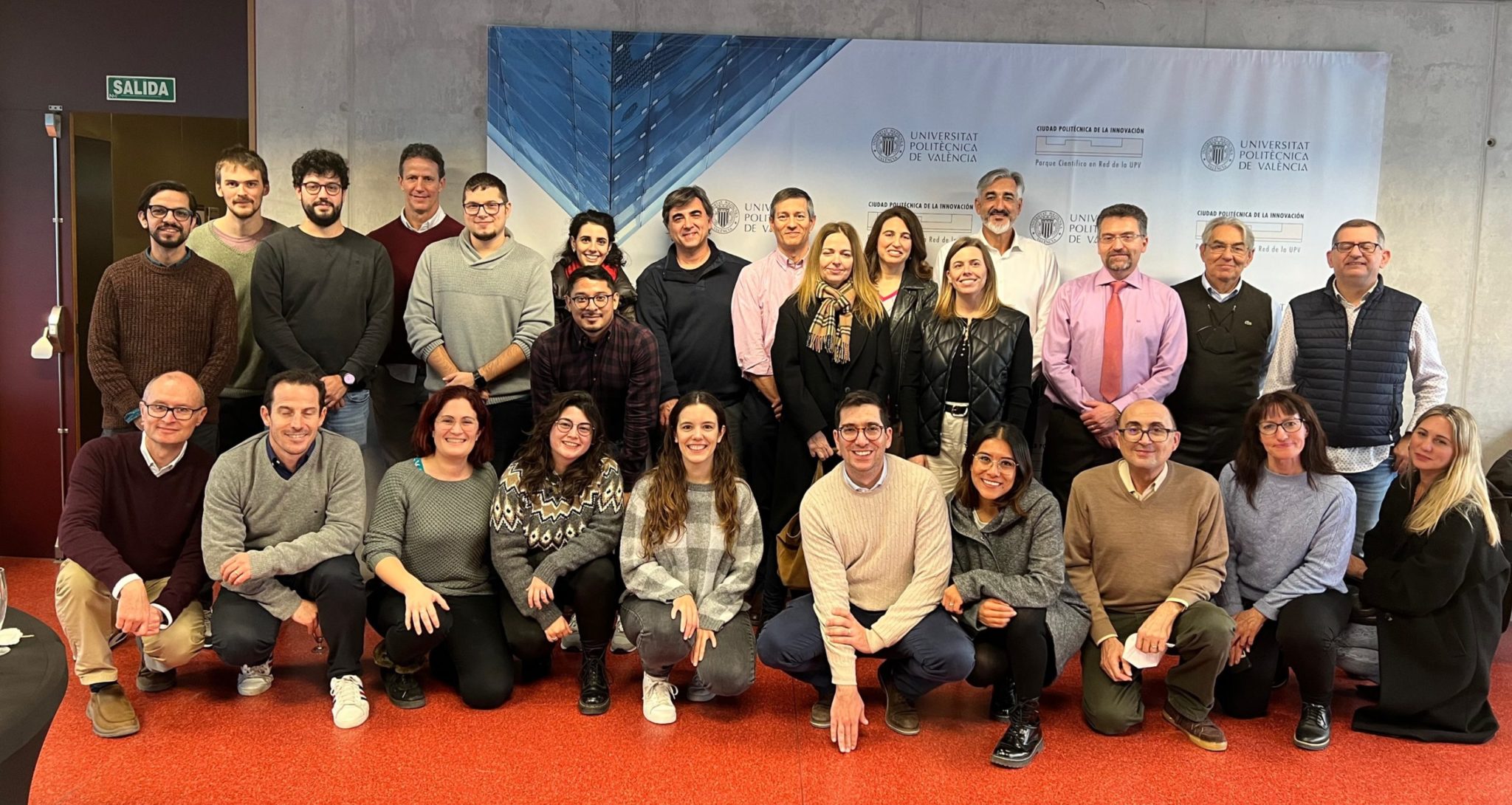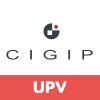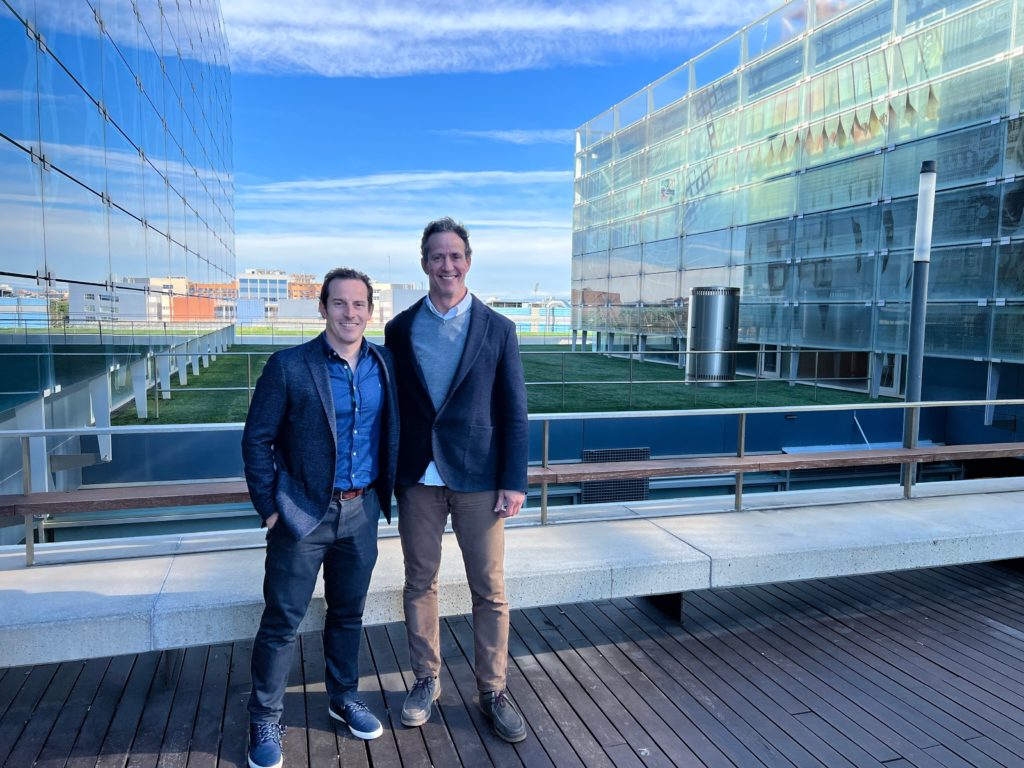Profile


The Universitat Politècnica de València (UPV) is currently considered one of the leading universities in Spain, being the single Science and Technology University in Spain to feature in all worlds’ university rankings. Its community is currently made up of around 28.000 students, 2.500 teaching staff and researchers and 1.500 administration and service professionals, spread across its 3 campuses in Alcoi, Gandia and València. The UPV comprises 13 university centres, of which 9 are higher technical schools, 2 are faculties and another 2 are higher polytechnic schools. In addition, it has a Doctoral School and 3 affiliated centres (Florida University, Berklee College of Music and EDEM Business School).

The Center for Research in Engineering and Production Management (CIGIP) is a research structure of the UPV and a member of the Polytechnic City of Innovation. The CIGIP gathers around 40 members including teaching and research staff and full researchers dedicated. The CIGIP R&D activities are in the fields Industrial Engineering, Logistics and Supply Chain Management. From 1994 the CIGIP has participated in 34 European Projects (from FP5 to Horizon Europe) and 150 R&D contracts with regional industrial firms from different industrial sectors.
CIGIP’s Research Units are:
- Productivity Analysis and Improvement: Manufacturing Operations Analysis and Standardization, Continuous Improvement, SMED, TPM, Plant Redesign for Flow Production, Manufacturing Cell Design, Overall Enterprise Productivity and Scorecards, Lean Key Performance Indicators.
- Supply Chain Collaboration and Interoperability: Supply Chain Modeling and Simulation, Production Planning under Uncertainty Modeling, Enterprise Resilience, Enterprise Interoperability, Internationalization of Operations.
- Supply Chain Strategy and Engineering: Supply Chain Strategy, Business and Supply Chain Engineering, Supply Chain Reference Models, Business Process Management, Strategic Alignment of Business and IT, Supply Chain Maturity Models, Supply Chain Information Systems.
- Engineering and Performance Management in Organizations: Performance Management Systems in Deterministic and Uncertainty Contexts, Quantitative Performance Measurement Systems, Performance Management in Sustainability, Performance Management in Sports, Performance Management Systems in Intangible Assets, Performance Management Systems in Lean Production, Performance Management Systems in Partnerships, Multi-Criteria Techniques for Performance Management Systems.
- Sales and Operations Planning Systems: Collaborative Operations Planning, Collaborative Order Management, Information Systems for S&OP, Simulation and Optimization Models.
- Analytics, Optimization & Intelligent Algorithms: Algorithms for Finance and Insurance, Algorithms for Transportation and Logistics, Intelligent Algorithms, Data Analytics, Machine Learning, Artificial Intelligence.
Key people in the project
Currently the UPV team in CLARUS is composed of:
Francisco Fraile, phD, is a senior researcher at CIGIP, with more than 10 years of experience in research projects related to digital manufacturing, like ZDMP, i4Q, or AI-PRISM. Francisco will act as project coordinator, leading dissemination activities and the scientific and technical definition and implementation of the primary food processing AI models.
Miguel Ángel Gil, MBA, is a senior industrial engineer who has recently joint the university after many years of experience as plant manager in a food processing company. He will act as a product owner, guiding the design and implementation of the solutions for the primary food processing sector based on his vast knowledge of the user needs.

Contributions – What we will provide
We want to contribute to the CLARUS project with:
- In-depth knowledge of industrial cold installations and frozen food processing production systems
- Expertise in the development of Industrial IoT Platforms, edge computing, and AI model deployment
- Design and development of analytic solutions, algorithms and machine learning models to support maintenance and manufacturing operations
Expectations – What we expect to get
Our ambition is to achieve through CLARUS:
- AI models to support preventive and corrective strategies to improve the sustainability of the bio-production sector
- Vertical solutions to improve the energy efficiency of food processing companies
- Scientific results and publications towards a more saustainable bio-production secto



